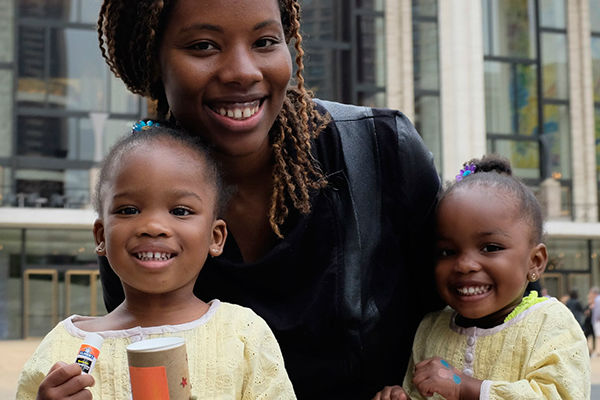 Recent studies have found that many consumers are waiting until later in life to have children, and now a new study could inspire hope in women over 50.
Recent studies have found that many consumers are waiting until later in life to have children, and now a new study could inspire hope in women over 50.
Researchers have found that childbirth can be as safe for baby and mother after age 50 as it as at age 40.
“It turns out that 50 is the new 40 when it comes to childbirth,” said Dr. Eyal Sheiner. “There is no doubt that medical teams will need to handle increasing numbers of birth for women over age 50.”
Medical advances
Dr. Sheiner and his team evaluated over 240,000 deliveries to determine how older age affected childbirth. Women under 40 accounted for over 230,000 of those deliveries, while the remaining deliveries were all in women over 40.
The researchers wanted to assess any potential health complications for the baby during labor and delivery while also evaluating specific complications in older mothers, such as: C-section deliveries, premature births, hypertension, and diabetes while pregnant.
The researchers did notice that complications arose primarily in the women over 40, and most specifically, those between the ages of 40 and 50. However, that risk remained stable when the mother was over the age of 50.
Dr. Sheiner points to recent advances in medical technology, such as egg donation and extracellular fertilization, as the reason behind why many women have a safe pregnancy and delivery experiences in older age.
However, despite these positive results, Dr. Sheiner notes that there are more factors to worry about for pregnant women over the age of 40. To help prevent any potential complications and ensure a safe pregnancy and delivery, he suggests healthcare providers track expectant mothers’ vitals carefully throughout the duration of the pregnancy.
The age old question
While much research has explored the potential consequences of women giving birth later in life, not much research has looked at how a father’s age can affect a newborn. Researchers from the Stanford School of Medicine recently found that the risk for complications increased the older the father was.
Once a father is 35, the baby is automatically at a higher risk for several health complications. A decade later, the baby is over 10 percent more likely to be premature and admitted into the NICU. The complications only increase when the father hits 50.
“We tend to look at maternal factors in evaluating associated birth risks, but this study shows that having a healthy baby is a team sport, and the father’s age contributes to the baby’s health too,” said researcher Michael Eisenberg.
However, there could be some upsides to having kids later in life. Researchers found behavioral problems are less likely when children are born to older mothers.
“We know that people become more mentally flexible with age, are more tolerant of other people and thrive better emotionally themselves,” researcher Dion Sommer said in a statement. “That’s why psychological maturity may explain why older mothers do not scold and physically discipline their children as much.”
Become a Harlem Insider!
By submitting this form, you are consenting to receive marketing emails from: . You can revoke your consent to receive emails at any time by using the SafeUnsubscribe® link, found at the bottom of every email. Emails are serviced by Constant Contact








